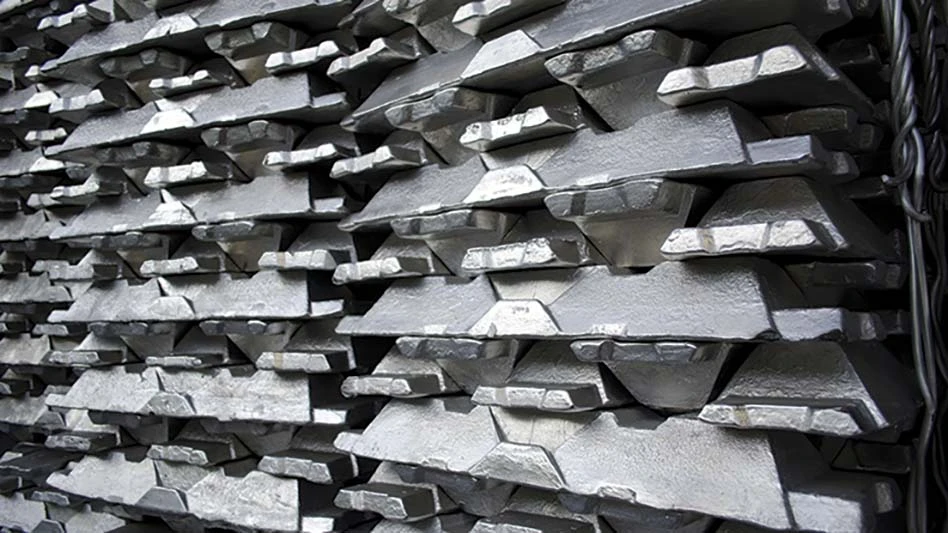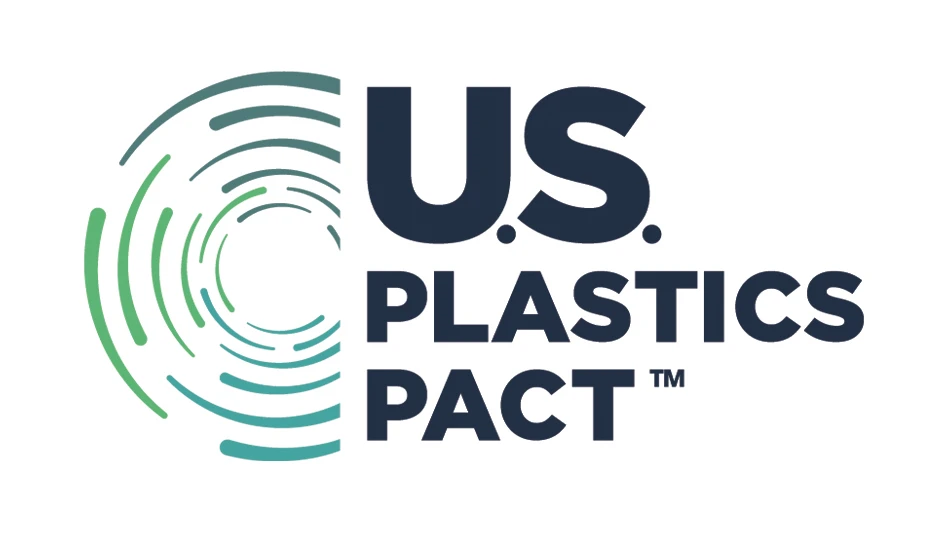Recovered paper exporters have been up in arms over backpedaling in paper stock shipping rates by a member of the Transpacific Westbound Rate Agreement. American President Lines announced on July 29 that it would lower its rates by 22 percent. Soon afterwards, several other non-conference carriers decided to match the lower rate. The rate cut translated into roughly $10 a ton in freight savings for exporters, some of whom made shipping commitments based on it. Industry analysts estimate that about 30,000 tons of recovered fiber were sold based on the lower rate. APL then postponed the lower rate pending the outcome of a TWRA meeting where members, under antitrust immunity, agree on base rates.
When the meeting was finished, TWRA members had agreed on a rate cut that effectively translated into only a $2 a ton decrease in paper stock shipping rates to major destinations in Asia, instead of the $10 a ton savings promised by APL. Members said that the $10 rate cut was “too deep” for recovered paper because markets overseas were still strong. Once the TWRA rate was released, APL postponed its rate, a move which is referred to as an “independent action” under antitrust laws.
“This flip flop of rates leads me to believe that some TWRA members lack a sense of commerce and do not understand fundamental shippers’ needs,” says Steven Spence, Pacific Rim sales manager for Paper Recycling International, Seattle. “Wastepaper sales have been set for the month of August based on the lower rates. To renege on these rates will cause irrevocable harm to my company and hundreds of others.”
Some dealers are threatening legal action, but it is doubtful that any money will be recovered because of the antitrust immunity.
RECYCLER PROCESSES PLASTIC DISKS FROM SHIPS
Ever since international law prevented ships of all types from discharging plastic waste at sea back in the 1980s, the U.S. Navy has been employing special plastic waste processors that melt all types of onboard plastics into flat disks. The disks are easy to store when ships are on long deployments, but they are tough to recycle because all of the different plastic resins are melted together.
Now Navy officials are looking at a process being employed by Bill Conrad, owner of Conrad Industries Inc., Chehalis, Wash. Conrad is a tire recycler who uses a pyrolysis process to break tires down into oil, gas, char and steel.
Recently, he tested a batch of plastic disks from warships in his system. The result was favorable, according to Conrad, yielding 95 percent recyclable oil and gas, and about 5 percent char. In addition, initial air quality tests were within current environmental standards.
The Navy is still evaluating the process and the end results for possible use with the plastic disks.
PROCYCLE SETTLES PATENT INFRINGEMENT LAWSUIT
ProCycle Metals Inc., Springtown, Texas, has reached an out-of-court settlement in its two-year-old patent infringement lawsuit against Industrial Service Corp., a Missouri-based recycler with operations in Texas and other states. The company claimed that ISC’s used oil filter processing plant in Newton, Kan., was using a recycling process patented in 1992 by John Barber, president of ProCycle. Under the terms of the settlement, ISC acknowledged that the company did infringe on the ProCycle patent and has agreed to shut down its Newton plant.
ProCycle uses a multi-step recycling process that includes shredding of the oil filters, separation of the steel from the filter element, and a special pyrolysis process that converts the oily filter element and any plastic and rubber seals into reusable oil and char.

Explore the September 1996 Issue
Check out more from this issue and find your next story to read.
Latest from Recycling Today
- PCA reports profitable Q1
- British Steel mill subject of UK government intervention
- NRC seeks speakers for October event
- LME identifies Hong Kong warehouses
- Greenville, Mississippi, launches aluminum can recycling program
- Cotton Lives On kicks off 2025 recycling activities
- Georgia-Pacific names president of corrugated business
- Sev.en Global Investments completes acquisitions of Celsa Steel UK, Celsa Nordic





